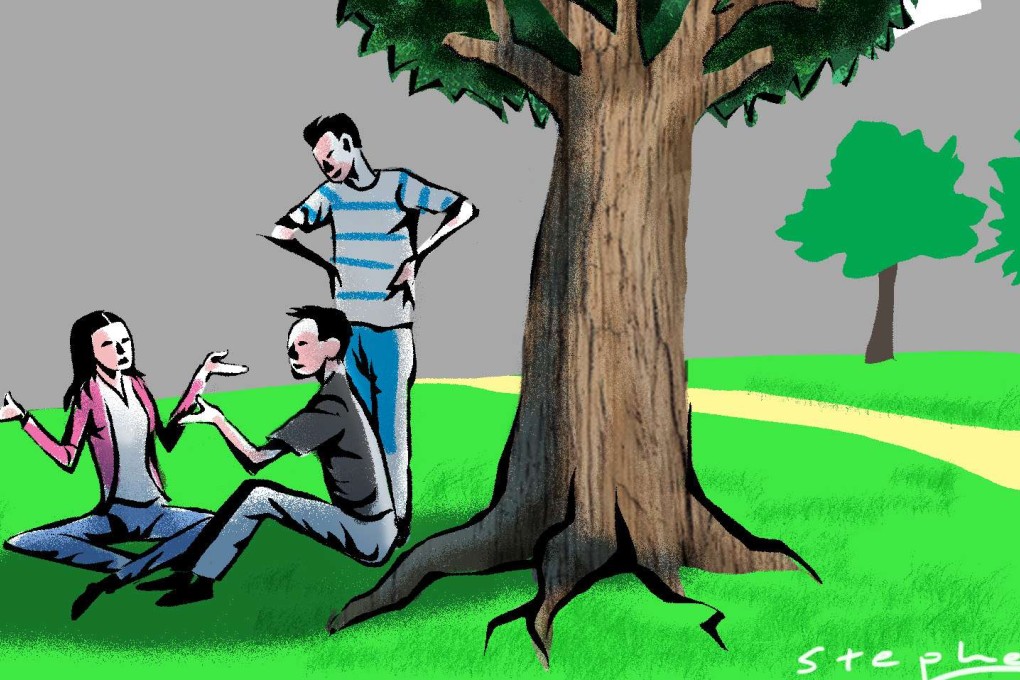From Hong Kong to the US, campuses are where real change takes root, so let the dialogue begin
David Oxtoby says students on both sides of the Pacific have grappled with tough social and political issues, and calls on academic leaders to create healthy environments for meaningful debate on divergent ideas


Dozens of US universities stage rallies in support of Hong Kong’s protesting students
On campuses across the United States over the last year, students have grappled with issues of racial and economic discrimination and inequality, campus sexual assault, and free speech. Students of colour came together last year as part of the national movement, “Black Lives Matter”. Student protests have demanded the firing of college leaders, including presidents, and some of those efforts have been successful. Adding fuel to campus unrest in the US has been a presidential election campaign that has included intolerance for different viewpoints and even hate speech.

A false opposition is sometimes set up between inclusivity and free speech; these are core values, not in conflict with one another
Students want deep and immediate change right now. They criticise our responses to their concerns for being too little and too slow. Tensions can escalate, disrupting civil discourse and hardening the positions of groups with opposing views. What can we do – especially those of us charged with teaching tomorrow’s leaders – to create healthy environments that will facilitate important and long-overdue change?